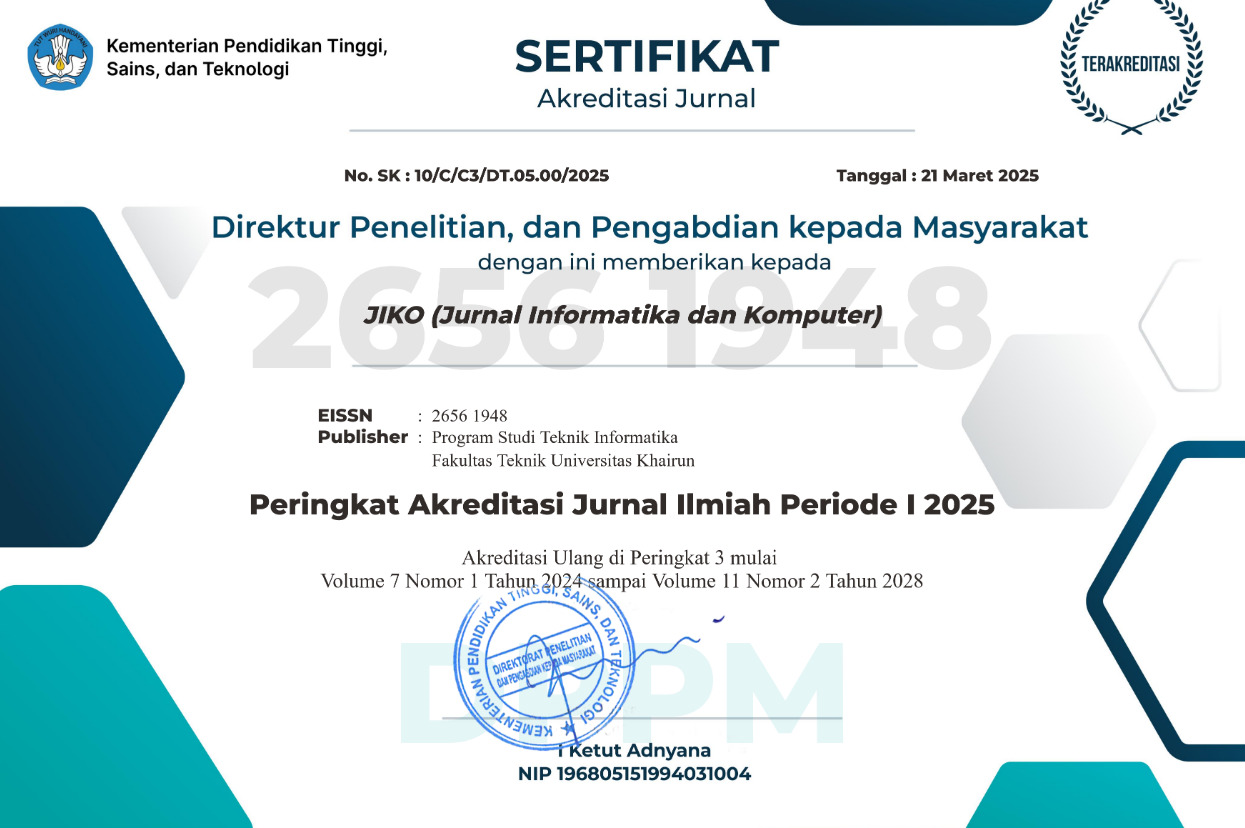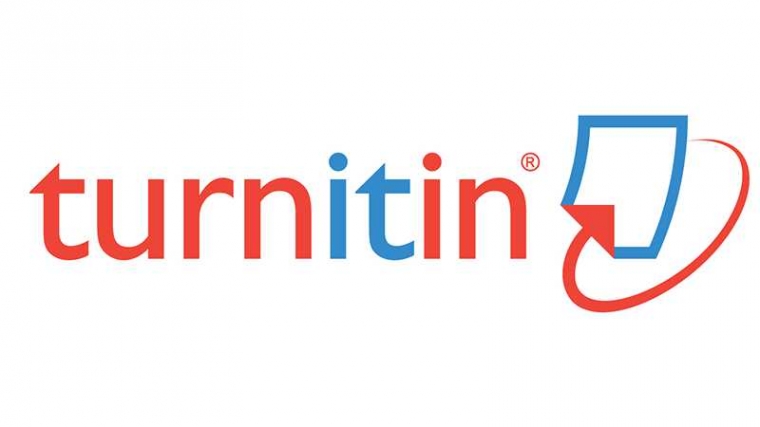HOW EDUCATIONAL GAME CAN IMPROVE THE PLAYER’S METACOGNITIVE SKILLS
Abstract
Gamification is a basic concept of game mechanics which apply into non-game environments. Games as joyful playing is widely used in daily life, including in education. Game was assembled by fundamental elements which regulate not only how it was played but also what is the final goal of their mechanics. When a game is operated; the player's cognitive, affective, and psychomotor aspects are involved. Involving three domains was integrated into an environment which stimulated the cognitive dimension. By using more complicated mechanics it will cultivate the metacognitive of players. This paper investigated how educational games can improve the player’s metacognitive skill. Investigating was done by theoretically analysing. The invention of this work is that educational games can improve a player's metacognitive which consist of several stages, namely goal setting and planning, selection and strategy selection, monitoring and evaluation, organization and self regulation, and attention. So, learning the effort of clearing stages of Cat Mario would encourage students to memorize knowledge and pattern of question so they could clear the question and learn new stuff through metacognitive skills that are obtained by their gaming experiences.
Full Text:
PDFReferences
Mevarech, Z. and B. Kramarski, 2014, Critical Maths for Innovative Societies: The Role of Metacognitive Pedagogies, OECD Publishing.
Kim, B., Park, H., and Baek, 2009, Y: Not just fun, but serious strategies: Using meta-cognitive strategies in game-based learning. Computers & Education, 34 (800-810)
Braad, E., 2018, “Learn-to-Learn, Game-Based Learning for Metacognition†in Proc. FGD, Foundation of Digital Game
Liu, S and Liu, M., 2020, The impact of learner metacognition and goal orientation on problem-solving in a serious game environment., Computers in Human Behavior, 102 (151-165).
Mayer, R.E., 2021, Multimedia Learning, 3rd ed., London, Cambridge.
https://en.wikipedia.org/wiki/Rules_of_chess (Accessed on April 24, 2022)
Anne Porter and Paula Goolkasian, 2019, Video Game and Stress: How Stress Appraisals and Game Content Affect Cardiovascular and Emotion Outcomes, Department of Psychological Science, The University of North Carolina at Charlotte, Charlotte, NC, United States. National Library of Medicine National Center for Biotechnology Information.
https://newzoo.com/insights/articles/global-games-market-to-generate-175-8-billion-in-2021-despite-a-slight-decline-the-market-is-on-track-to-surpass-200-billion-in-2023/ (Accessed on April 21, 2022)
Lave, J., 1990, Cognition in Practice: Mind, mathematics, and culture in everyday life. Cambridge, UK: Cambridge University Press. Lave, J., & Wenger, E.
Collins, A., Brown, J. S., & Newman, S. E., 1989, Cognitive apprenticeship: Teaching the crafts of reading, writing, and mathematics. In L. B. Resnick (Ed.), Knowing, learning, and instruction: Essays in honor of Robert Glaser (pp. 453–494). Lawrence Erlbaum Associates, Inc.
Livingston, J.A., 2003, Metacognition: An Overview, U.S Department of Education; Educational Resources Information Center (ERIC). Washington, D.C.
Serra, M.J., and Metcalfe, J, 2009, Handbook of metacognition in education, Routledge. New York.
Reeve, R.A., and Brown, A.L., 1984. Metacognition Reconsidered: Implication for Intervention Research, U.S Department of Education; Educational Resources Information Center (ERIC). Washington, D.C.
Flavell, J.H., 1976, Metacognitive aspects of problem solving, in: L.B. Resnick (Ed.) The Nature of Intelligence. Hillsdale, NJ: Lawrence Erlbaum.
Ahmed Oguz Akturk, and Ismail Sahin, 2011, Literature Review on Metacognition and its Measurement, Procedia Social and Behavioral Sciences 15, 3731-3736.
Flavell, J. H., 1979, Metacognition and cognitive monitoring: A new area of cognitive development, inquity. American Psychologist, 34(10), pp. 906 – 911.
Brown, A., 1987, Metacognition, executive control, self-regulation, and other more mysterious mechanisms, in F. Weinert and R. Kluwe I (eds), Metacognition, motivation and understanding, Erlbaum, Hillsdale, NJ.
Schraw, G. and R.S. Dennison, 1994, “Assessing meta-cognitive awarenessâ€, Contemporary Educational Psychology, 19(4), pp. 460-475.
Mevarech, Z, & Kramarski, B., 2004, Critical maths for innovative societies, the role of metacognition pedagogies. OECD Publishing.
Tracey, M.W., & Richey, R.T., 2007, ID model construction and validation; a multiple intelligences case. Educational Technology Research Development, 55(4), 369-390.
Lee, J., & Jang, S., 2014, A methodological framework doe instructional design model development; Critical dimension and synthesized procedures. Educational Technology Research Development, 62 (6), 743 – 765.
https://www.gamepix.com/play/cat-mario (Accessed on April 22, 2022)
https://www.youtube.com/results?search_query=cat+mario&sp=CAM%253D (Accessed on April 23, 2022)
https://socialblade.com/youtube/user/misterwootube (Accessed on April 23, 2022)
DOI: https://doi.org/10.33387/jiko.v7i1.6363
Refbacks
- There are currently no refbacks.











